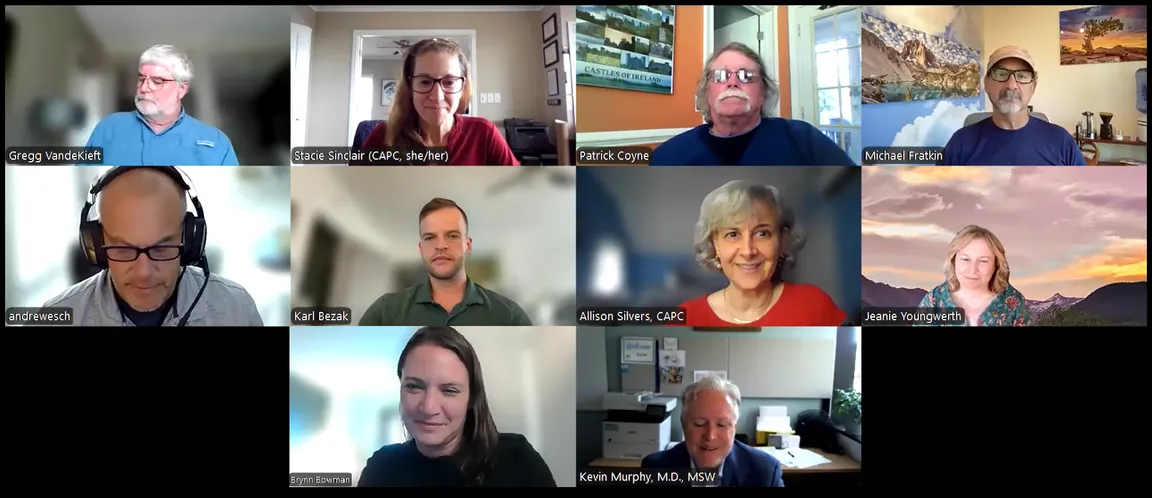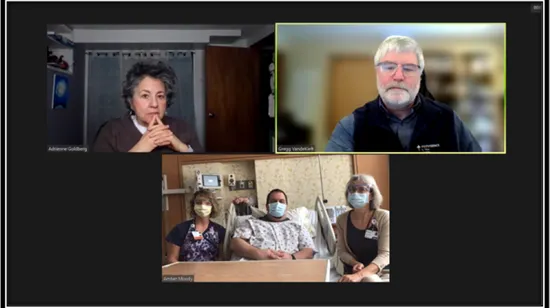Telehealth to Extend Palliative Care Access to Rural Care Settings
Center to Advance Palliative Care (CAPC)

Summary
The 2024 Serious Illness Scorecard found that only 35% of rural hospitals report having a palliative care program. At the same time, as telehealth continues to be become standard practice, new opportunities to deliver palliative care to rural patients and families is emerging. A growing body of literature suggests that delivery of palliative care services via telehealth is not only feasible and maintains high patient experience scores, but also results in better outcomes, such as:
- Reductions in pain intensity and pain interference
- Improvements in quality of life
- Reductions in caregiver burden
- Reductions in hospitalization from long-term and community settings
- Some evidence that palliative telehealth has an impact on survival
In addition to these positive patient and caregiver outcomes – found in both adult and pediatric populations – telepalliative care also brings benefits to the palliative care team, such as enhanced ability to incorporate family members in conversations, and improvements in team efficiency.
Much of this literature has focused on palliative telehealth delivered to community settings, but there is an equally compelling case to be made for palliative care consultations delivered to inpatients and emergency departments. In August 2024, CAPC hosted a listening session with leading palliative care programs that have leveraged flexibilities in telehealth delivery and payment to extend their reach into rural hospitals that would otherwise not have access to any palliative care specialists. Participants were unanimous in their support of this model, sharing that benefits included reductions in unwanted transfers to tertiary settings and building primary palliative care capacity in rural hospitals. Their enthusiasm for the model remained unanimous even if the consultation was a “one-and-done,” because the single consultations had long-term impacts on the patient and family experience.


